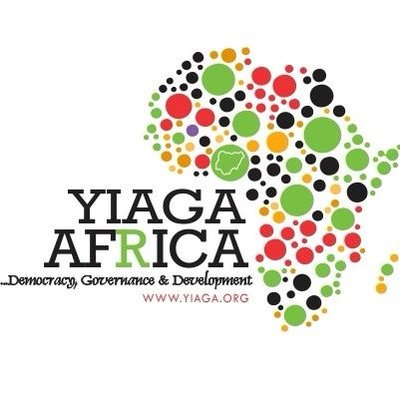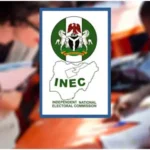The Yiaga Africa has asked the Independent National Electoral Commission (INEC) undertake an audit of the newly introduced Bimodal Voters Accreditation System (BVAS) for the November 6 Anambra State governorship election.
This is contained in the Yiaga Africa ‘Preliminary Statement on the 2021 Anambra Gubernatorial Election’ won by the candidate of the All Progressives Grand Alliance (APGA), Prof. Chukwuma Soludo.
- Anambra lawmaker demands probe of BVAS failure in Onitsha
- PODCAST: Will E-Transmission of Results Give Power to The Electorates?
Soludo, a former Central Bank of Nigeria (CBN) Governor was formally pronounced the Anambra State governor-elect after the supplementary election held on Tuesday at Ihiala Local Government Area (LGA).
Yiaga Africa Executive Director, Samson Itodo, presented the report along with Board Member, Yiaga Africa, Ezenwa Nwagwu, and Director of Programme, Yiaga Africa, Cynthia Mbamalu.
They also asked INEC to sanction all its staff accused of complicity and conspiracy with political actors and security agents to falsify election, especially Mrs. Comfort Omorogie, Electoral Officer for Orumba North involved in compelling the Returning Officer for the LGA to declare false results under duress.
“INEC should terminate its contractual relationship with road transport unions, especially those notorious for breach of contractual obligations. In addition to termination, INEC should seek legal remedies against transporters who are liable for breach of contract,” the report said.
Itodo said that by replacing Smart Card Readers (SCR) with the BVAS, INEC intended to enhance the integrity of the electoral process by introducing additional checks to ensure only eligible voters could cast ballots on Election Day.
He said that the BVAS was used throughout the accreditation of voters in 95 percent of polling units (PUs).
“In 45 percent of the polling units, the system malfunctioned at some point during the accreditation. The BVAS was replaced in one percent of the polling units and fixed in 39 percent of the polling units. In five percent of polling units, the BVAS malfunctioned but was not fixed or replaced. In three percent of polling units, the presiding officers resorted to manual accreditation of voters in contravention of INEC guidelines and regulations,” he said.
He noted that the BVAS malfunctioned and slowed down the process and that INEC did not adhere to this procedure in the PUs where the BVAS did not accredit the voters.
“The 2021 INEC manual for election officials clearly states that where the BVAS for replacement is not available by 2:30 pm, the presiding officers should inform the voters and polling agents that accreditation and voting for the affected polling unit shall continue the following day.
“Yiaga Africa notes that the commission did not adhere to this procedure in the polling units where the BVAS did not accredit the voters. Yiaga Africa expresses concern with INEC’s framework for adopting new electoral technologies, as the BVAS, though a valuable tool for electoral integrity, fell short of expectations,” he said.
“However, we support the BVAS device for electronic accreditation and transmission or upload of results we support that innovation. However, there are fundamental principles that govern the deployment of electoral technology. These devices are meant to improve the efficiency and transparency of the process.
On the deployment of logistics, the report said, “Based on verified reports from Yiaga Africa observers, 21 percent of polling units failed to open by 12noon. These incidents are mostly concentrated in Anambra South Senatorial District (23.5%), Anambra Central (17%), and Anambra North Senatorial districts (13%). The non-opening of these polling stations might result in voter disenfranchisement if elections are not conducted in those polling units.
“The delays were occasioned by poor logistics management and transportation challenges as per INEC’s announcement. Yiaga Africa anticipated these challenges hence the call in the organization’s pre-election statement to INEC to make contingency plans for situations where transport unions or companies reneged on their contractual obligations to deploy.”
The organization also urged the National Assembly to conclude “the amendment to the Electoral Act and transmit the electoral bill to the President for assent”.

 Join Daily Trust WhatsApp Community For Quick Access To News and Happenings Around You.
Join Daily Trust WhatsApp Community For Quick Access To News and Happenings Around You.

